With the recent news that Apple is working on a live-action Speed Racer series, set to be produced by J.J. Abrams, now is as good a time as any to take a look back at the Wachowski’s 2008 film adaptation of the iconic anime. Not only was the film critically panned, but it also bombed at the box office; however, Speed Racer is better than you remember. In fact, it’s much better than you remember.
All that’s wonderful about Speed Racer can be explained by a look at the film’s best scene: the interaction between Speed and the film’s villain, E.P. Royalton. Royalton is the business magnate in charge of ‘Royalton Industry’, a company that manufactures cars and does lots of other things. Royalton is essentially Jeff Bezos, except with way more style. Bezos wishes he could rock a cravat like Royalton. At first, Royalton charms the Racer family, but after Speed thinks about Royalton’s deal, he declines, leading to one of the greatest villain monologues in history. But why is this interaction so amazing?

As an animated franchise, Speed Racer is well-known for its transitions: heads, action lines, and cars, all present in this movie. However, there’s a pretty specific difference in the energy of these edits depending on what emotion the audience is expected to feel. In the middle of a tense race: quick transitions, blurs and lines that simulate speed. But when the scene has low-energy, the audience gets calm transitions, fades and a slow pan. The conversation between Speed and Royalton featured mostly the latter.
Part of what is so brilliant about this interaction is that the conversation is a framing device for the race that follows. Royalton reveals that he is in complete control of the World Racing League and tells Speed that the Grand Prix is fixed and has been forever. Then he offers Speed a choice: sign or lose. Speed refuses, and then Royalton tells one last story.

When Royalton tells Speed about the Fuji race, the camera shifts and Royalton materializes a transition that we have only seen before in races, the races controlled by Royalton. It’s his world, and the Wachowski’s use the editing technique to demonstrate that. The screen becomes a blur that ends with Speed in the cockpit of the Mach 5, concerned and uncomfortable. Royalton is able to put Speed in a difficult position because of how much control Royalton has over the race.
Royalton’s speech to Speed about Carl Potts, the racer he’d never heard of who was actually part of a complicated business maneuver can be jarring. After all, this would be tough to follow in The Wolf of Wall Street, and at least in that movie, every so often we’d recognize a ‘Lehman Brothers’ or ‘Macy’s’. The specifics of the sales mergers associated with Carl Potts and the ’43 Prix are borderline nonsense. We don’t know what ‘Iodyne fuel cells’ are or why they are valuable. But Royalton does, and that’s the point. If Royalton is going to win, it is because he understands this world in a way that we and Speed fundamentally don’t. And no matter how well Speed races, the business behind it all will always keep him from winning. We see this issue come up earlier when Rex was killed during the Casa Cristo Rally race by mobsters that were fixing the sport. And then later, Taejo Togokahn will betray Speed so that his company could drive up the price for their own merger. This world is just too complicated for Speed, and Royalton’s tone while explaining these business dealings spells that out for us.

Every good villain serves as a dark reflection of the hero. The ‘how’ is super vague, but they usually share some trait or value. Spider-Man and Vulture are both working men. Spider-Man and Doc-Ock are both scientists. Spider-Man and Lizard are both experiments/urban legends. At first blush, it seems like Speed and Royalton have pretty much nothing in common. Sure, they both have ties to the racing industry, but what’s so interesting about Royalton is that he’s actually way more like Speed than almost any other character in the movie. Royalton wants one thing at the end of the day: to win. Not just the race, although that’s part of it, but Royalton views the collection of money as a competition. Royalton talks about being in the gains record book; “the only record book that matters.” And he describes the specifics of the company buyouts that led Iodyne Industries to corner the market on air travel the same way the Racer family talks about building a car. Racing is Speed’s life, his religion. And for Royalton, racing is a part of his life, a tool for his religion. After all, the race isn’t really anything more than an advertising opportunity for Royalton. Interestingly, Royalton doesn’t have anything specific he wants to do with it or have any rivals he wants to destroy with the money he wins. He’s been taught by a lifetime of keeping up with the sport and the business world that the real game is capitalism. He views the financial and legal forces that control Speed and his family as part of his own gain.

Speed and Royalton are both fierce competitors who are playing different games, but with the same intensity. We never find out what Royalton’s values are that brought him to this point, or what family tragedy or father figure set him on this path, because we understand that sponsors and owners control sports in the real world. And in the end, it might not be that complicated. Speed wants to drive to win the race because he loves the race, and Royalton is Royalton for the love of the game, and his game is capitalism.







